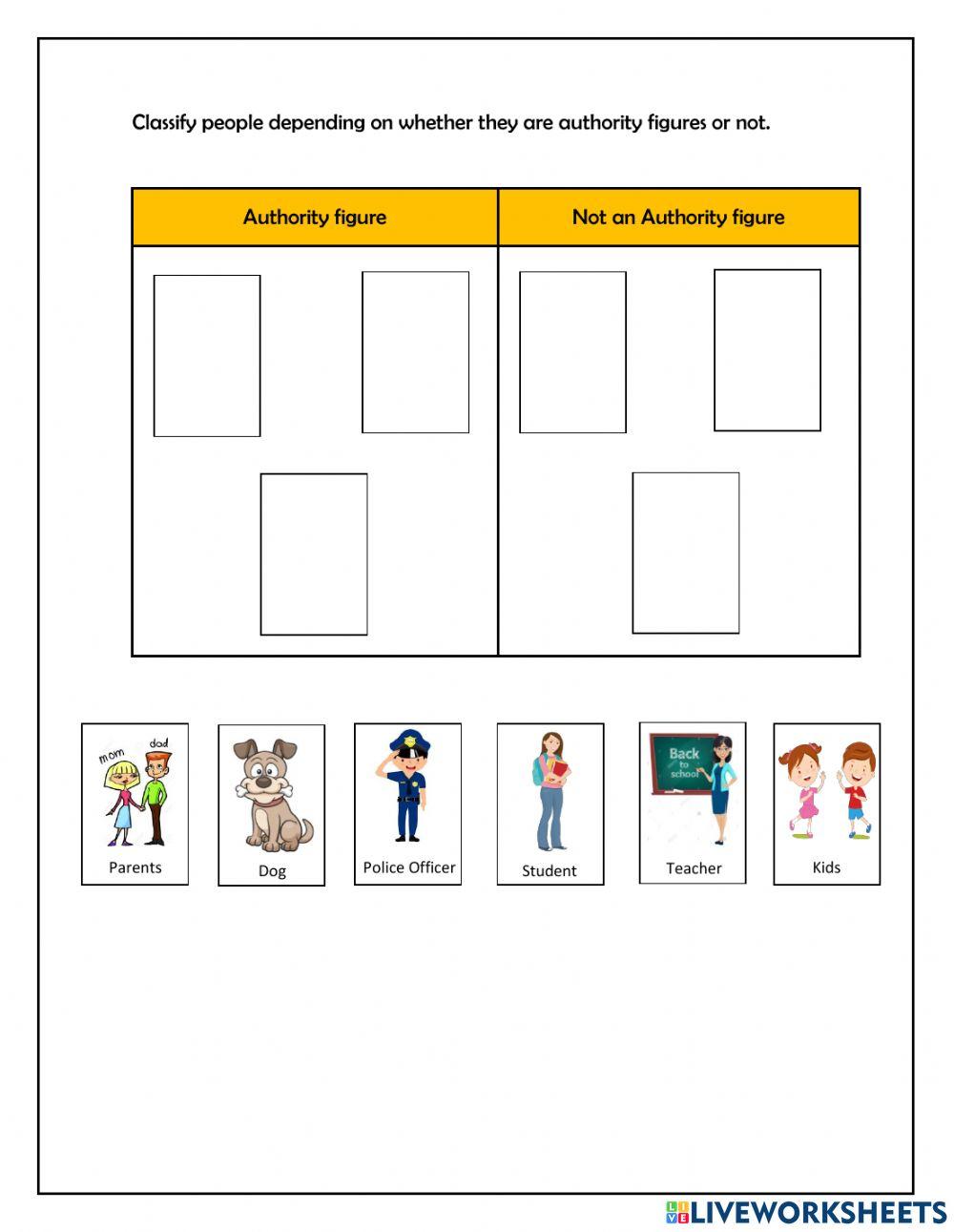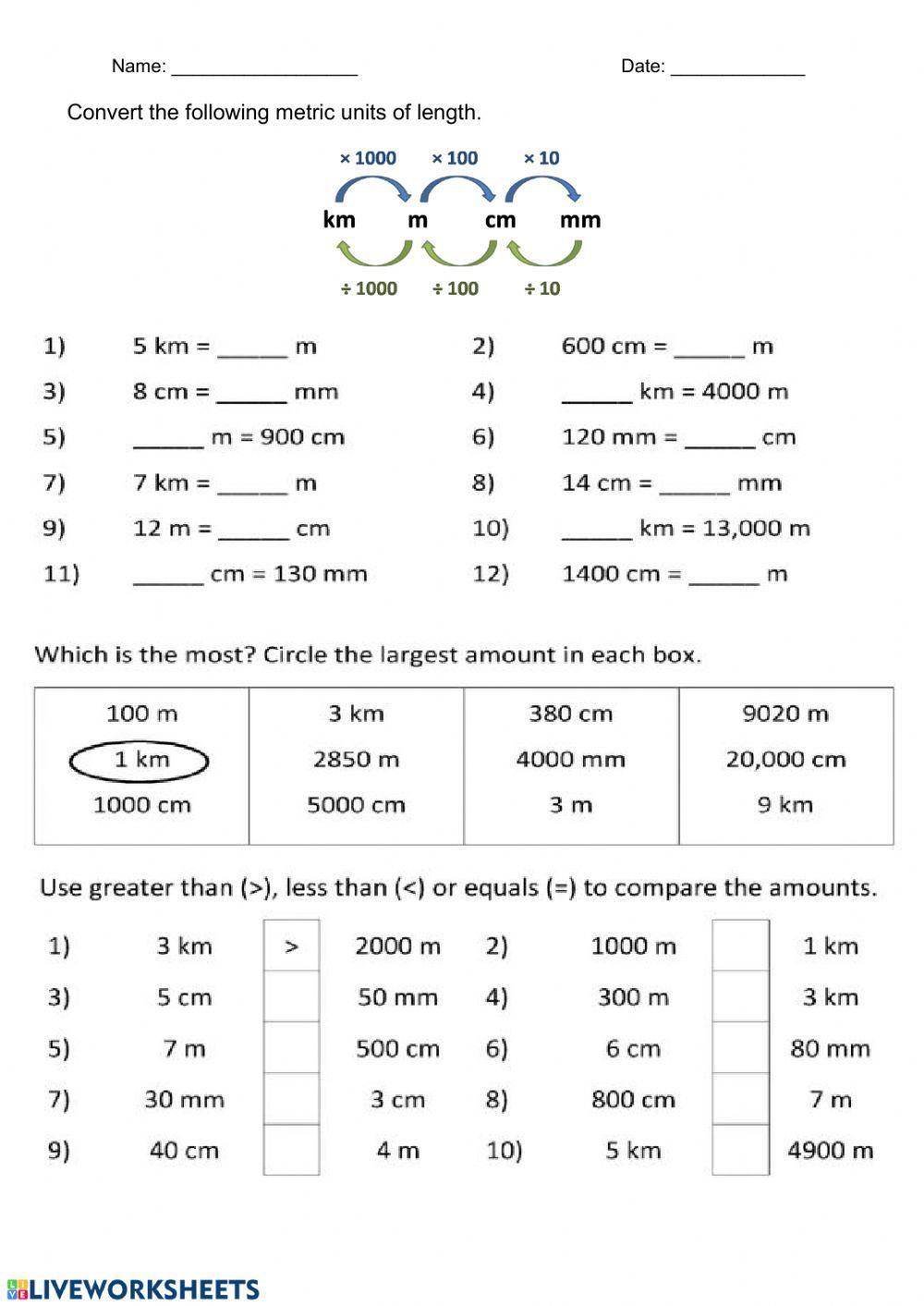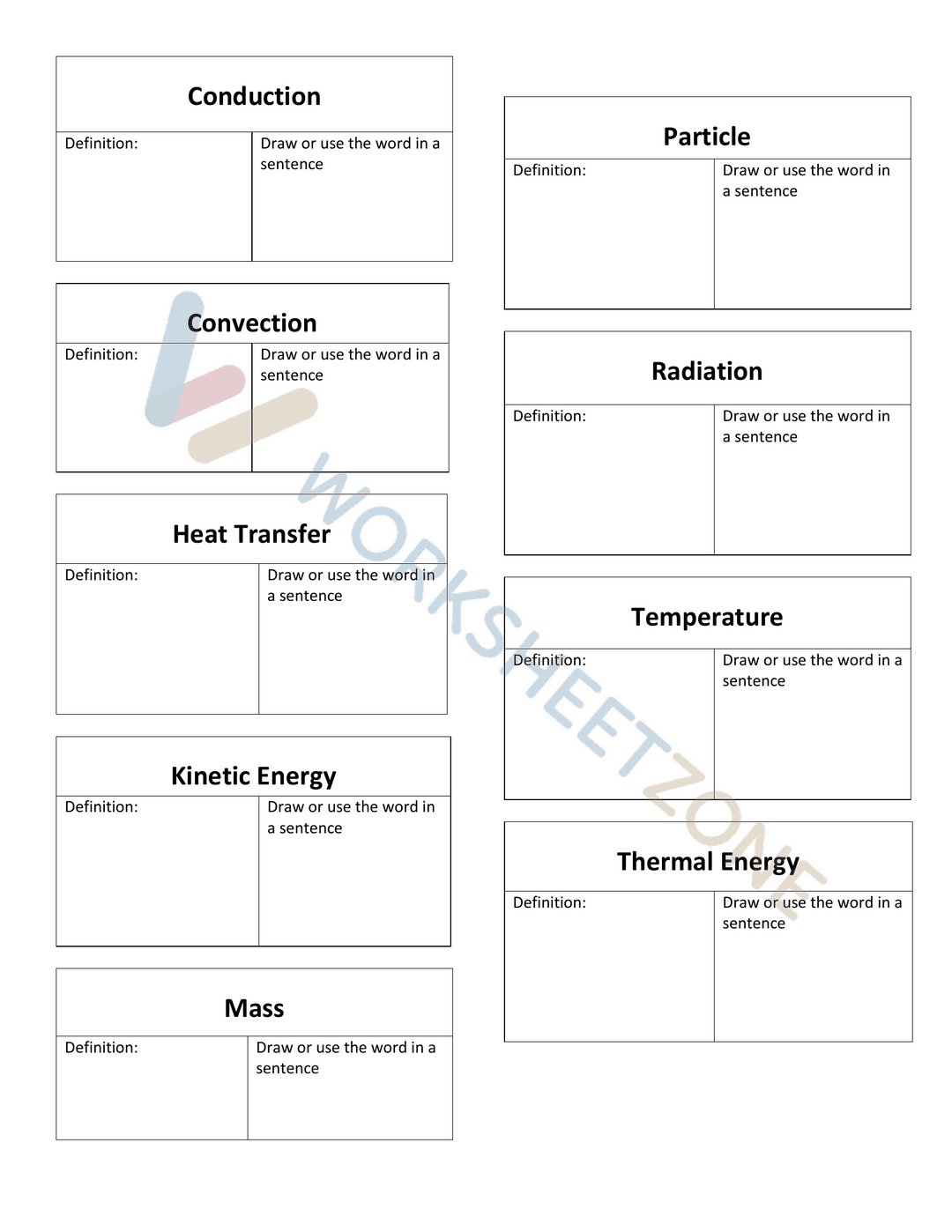Substance Abuse Worksheets
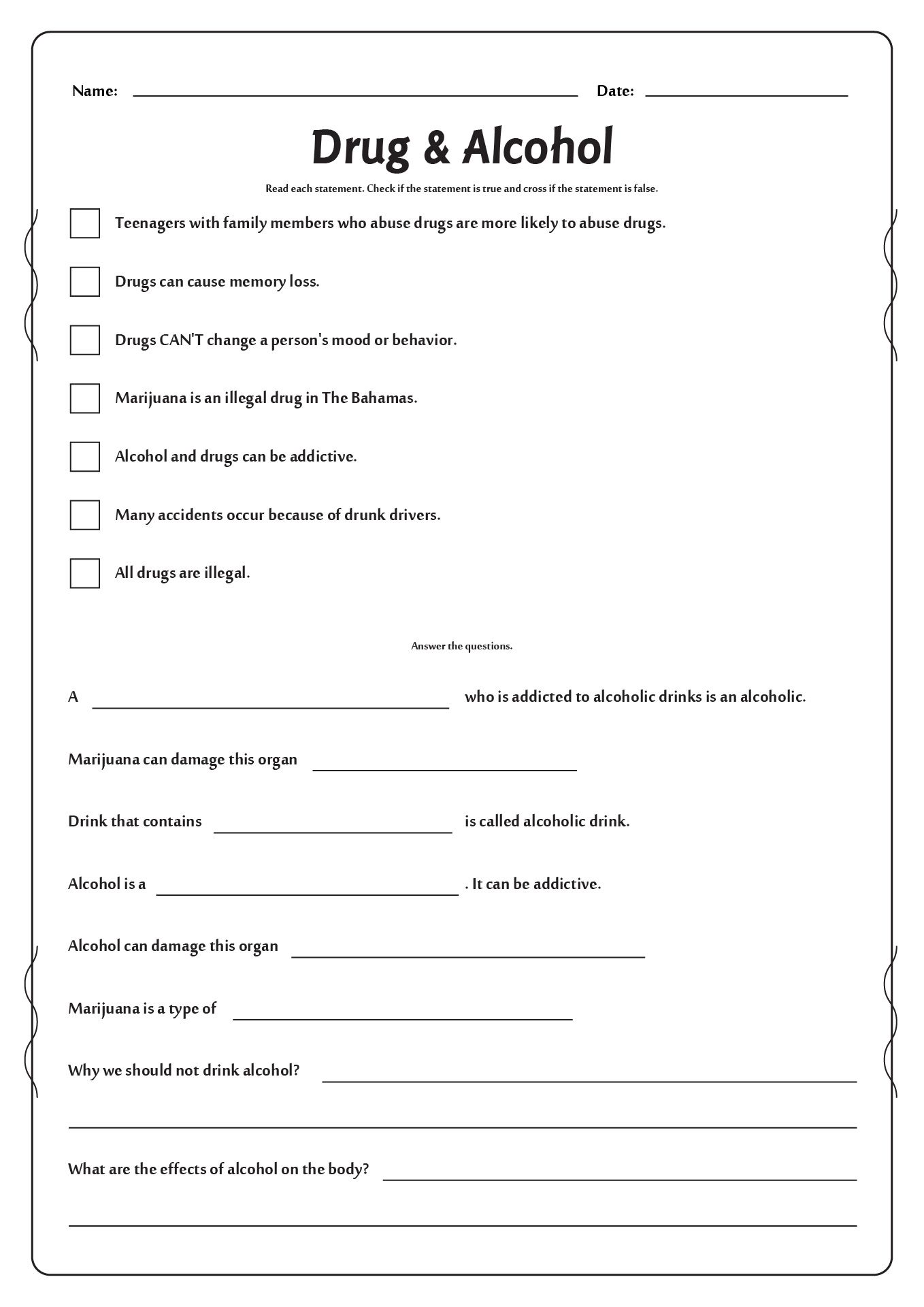
Understanding Substance Abuse: A Guide to Recovery
Substance abuse is a widespread issue that affects millions of people worldwide. It can have severe consequences on an individual’s physical and mental health, relationships, and overall well-being. If you or someone you know is struggling with substance abuse, it’s essential to seek help and support. In this guide, we will explore the world of substance abuse, its causes, symptoms, and provide a comprehensive approach to recovery using worksheets.
What is Substance Abuse?
Substance abuse, also known as substance use disorder (SUD), is a condition in which an individual uses one or more substances, such as alcohol, drugs, or prescription medications, in a way that causes harm to themselves or others. Substance abuse can lead to physical dependence, tolerance, and addiction.
Causes of Substance Abuse
Substance abuse is often the result of a combination of factors, including:
- Genetics: Family history and genetic predisposition can play a role in the development of substance abuse.
- Environmental factors: Exposure to substance use at a young age, peer pressure, and lack of support can contribute to substance abuse.
- Mental health: Underlying mental health conditions, such as depression, anxiety, or trauma, can increase the risk of substance abuse.
- Social and economic factors: Poverty, unemployment, and social isolation can also contribute to substance abuse.
Symptoms of Substance Abuse
Recognizing the symptoms of substance abuse is crucial for early intervention and treatment. Some common symptoms include:
- Increased tolerance: Needing more of the substance to achieve the desired effect.
- Withdrawal symptoms: Experiencing physical or emotional symptoms when attempting to stop or reduce substance use.
- Loss of control: Using the substance more frequently or in larger amounts than intended.
- Neglecting responsibilities: Ignoring work, school, or personal responsibilities due to substance use.
- Continued use despite harm: Continuing to use the substance despite physical or emotional harm.
Substance Abuse Worksheets
Worksheets can be a valuable tool in the recovery process. They provide a structured approach to understanding substance abuse, identifying triggers, and developing coping strategies. Here are some examples of substance abuse worksheets:
Worksheet 1: Substance Abuse Self-Assessment
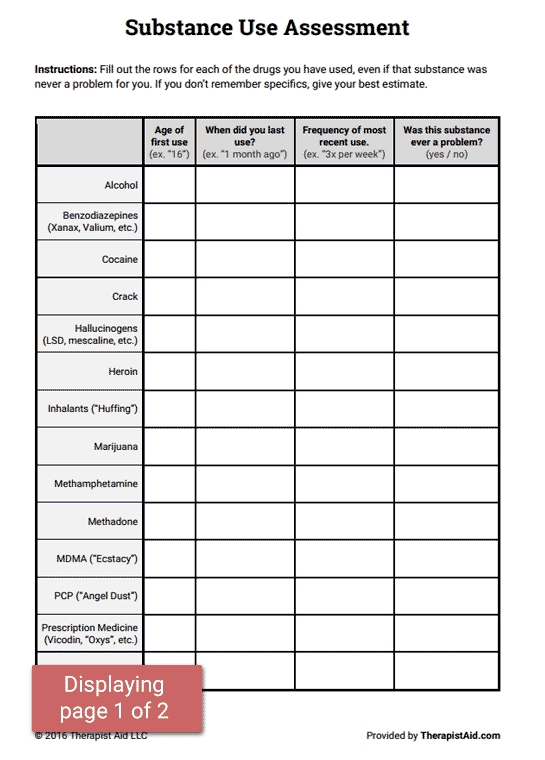
| Substance | Frequency of use | Amount used | Impact on daily life |
|---|---|---|---|
| Alcohol | |||
| Prescription medications | |||
| Illicit drugs | |||
| Other ( specify ) |
Worksheet 2: Identifying Triggers
| Trigger | How it makes me feel | Coping strategy |
|---|---|---|
| Stress | ||
| Anxiety | ||
| Social situations | ||
| Emotional state ( specify ) | ||
| Other ( specify ) |
Worksheet 3: Developing a Recovery Plan
| Goal | Strategies | Progress |
|---|---|---|
| Reduce substance use | ||
| Attend support groups | ||
| Engage in healthy activities | ||
| Improve relationships | ||
| Other ( specify ) |
📝 Note: These worksheets are meant to be a starting point for recovery. It's essential to work with a healthcare professional or therapist to develop a personalized recovery plan.
Treatment and Recovery
Treatment for substance abuse typically involves a combination of behavioral therapies, medications, and support groups. Some effective treatments include:
- Cognitive-behavioral therapy (CBT): Helps individuals identify and change negative thought patterns and behaviors.
- Medication-assisted treatment (MAT): Uses medications, such as methadone or buprenorphine, to manage withdrawal symptoms and cravings.
- Support groups: Provides a sense of community and support from peers who are also in recovery.
Maintaining Sobriety
Maintaining sobriety requires ongoing effort and commitment. Here are some strategies to help you stay on track:
- Attend support groups regularly: Surround yourself with people who understand your struggles and can offer support.
- Engage in healthy activities: Find healthy alternatives to substance use, such as exercise, hobbies, or creative pursuits.
- Practice self-care: Take care of your physical, emotional, and mental health by getting enough sleep, eating a balanced diet, and engaging in relaxation techniques.
- Seek professional help: Regularly meet with a therapist or counselor to address underlying issues and develop coping strategies.
What is the first step in seeking help for substance abuse?
+The first step in seeking help for substance abuse is to acknowledge the problem and seek professional help. This can involve contacting a healthcare provider, therapist, or support group.
What is the difference between substance abuse and addiction?
+Substance abuse refers to the use of substances in a way that causes harm to oneself or others. Addiction, on the other hand, is a chronic condition characterized by compulsive substance use despite negative consequences.
What is the role of support groups in recovery?
+Support groups provide a sense of community and support from peers who are also in recovery. They can offer a safe space to share experiences, receive support, and learn coping strategies.
In conclusion, substance abuse is a complex issue that requires a comprehensive approach to recovery. By understanding the causes and symptoms of substance abuse, using worksheets to identify triggers and develop coping strategies, and seeking professional help, individuals can overcome addiction and achieve long-term sobriety. Remember, recovery is a journey, and it’s essential to be patient, kind, and compassionate with yourself throughout the process.

